Understanding Criminal Justice Process in Virginia
In Virginia, the criminal justice process follows a set of procedures and laws to ensure fairness and justice for all individuals involved. From the moment a crime is committed to the final verdict, every step is crucial in determining the outcome of a case. Understanding how the criminal justice system operates in Virginia is essential for both citizens and legal professionals.
Key components of the criminal justice process in Virginia include investigation, arrest, arraignment, trial, and sentencing. Each stage plays a vital role in upholding the law and protecting the rights of the accused. By delving into the intricacies of this process, individuals can gain a deeper insight into the workings of the legal system in the state of Virginia.
Overview of Virginia’s Criminal Justice System
Virginia’s criminal justice system plays a crucial role in maintaining law and order within the state. It encompasses a complex network of laws, procedures, and institutions that work together to ensure justice is served. Understanding how the system operates is essential for both residents and visitors of Virginia.
Importance of Laws and Procedures
The laws and procedures in Virginia’s criminal justice system are designed to uphold the rights of individuals while also punishing those who violate the law. These laws serve as a foundation for maintaining order and ensuring that justice is carried out fairly and effectively.
Key Players in the Criminal Justice Process
Several key players are involved in the criminal justice process in Virginia, including law enforcement officers, prosecutors, defense attorneys, judges, and juries. Each of these individuals plays a vital role in ensuring that justice is served and that the rights of all parties involved are upheld.
Legal Proceedings in Virginia Courts
Legal proceedings in Virginia courts follow a specific structure and timeline. From arraignment to trial, each step in the process is carefully laid out to ensure that both the accused and the victim have their day in court. Understanding these proceedings is essential for anyone involved in the criminal justice system.
Law Enforcement Protocols and Procedures
Law enforcement agencies in Virginia follow strict protocols and procedures when investigating crimes and making arrests. These protocols are in place to protect the rights of individuals and ensure that evidence is collected and handled properly throughout the investigative process.
Rights of Victims and the Accused
Both victims and the accused have rights that are protected under Virginia law. Victims have the right to be informed about the progress of their case and to be treated with dignity and respect throughout the legal process. The accused have the right to a fair trial and legal representation.
Impact of Decisions on Case Outcomes
Decisions made throughout the criminal justice process in Virginia can have a significant impact on the outcome of a case. From plea bargains to sentencing, each decision made by the key players in the process can shape the final result of a criminal case.
Complexities of Legal System in Virginia
The legal system in Virginia is complex and multifaceted, with laws and procedures that can be difficult to navigate without proper guidance. Understanding the complexities of the system is crucial for both those working within it and those who may find themselves involved in a legal matter.
Appreciating the Legal System in Virginia
While the legal system in Virginia may seem daunting at times, it is essential to appreciate the role it plays in upholding justice and protecting the rights of individuals. By understanding and respecting the system, we can all work together to ensure that justice is served for all.
Frequently Asked Questions
Find answers to commonly asked questions about the criminal justice process in Virginia.
What is the criminal justice process in Virginia?
The criminal justice process in Virginia involves the arrest, booking, arraignment, trial, and sentencing of individuals accused of committing crimes. It is designed to ensure that justice is served and that individuals are given a fair and impartial trial.
What are the different stages of a criminal trial in Virginia?
In Virginia, a criminal trial typically consists of several stages, including arraignment, pretrial motions, jury selection, opening statements, presentation of evidence, witness testimony, closing arguments, jury instructions, and verdict. Each stage is crucial in determining the outcome of the trial.
How does the bail process work in Virginia?
In Virginia, the bail process allows individuals accused of crimes to be released from custody before their trial by posting bail. The amount of bail is set by a judge based on various factors, including the severity of the crime, the individual’s criminal history, and the likelihood of them appearing in court.
What are the possible outcomes of a criminal trial in Virginia?
After a criminal trial in Virginia, the possible outcomes include a guilty verdict, a not guilty verdict, or a hung jury. If found guilty, the defendant may face sentencing, which can range from fines and probation to imprisonment, depending on the severity of the crime.
What are the rights of individuals accused of crimes in Virginia?
Individuals accused of crimes in Virginia have several rights, including the right to remain silent, the right to legal representation, the right to a fair and speedy trial, the right to confront witnesses, and the right to appeal a conviction. These rights are protected by the U.S. Constitution and are essential in ensuring a fair trial.

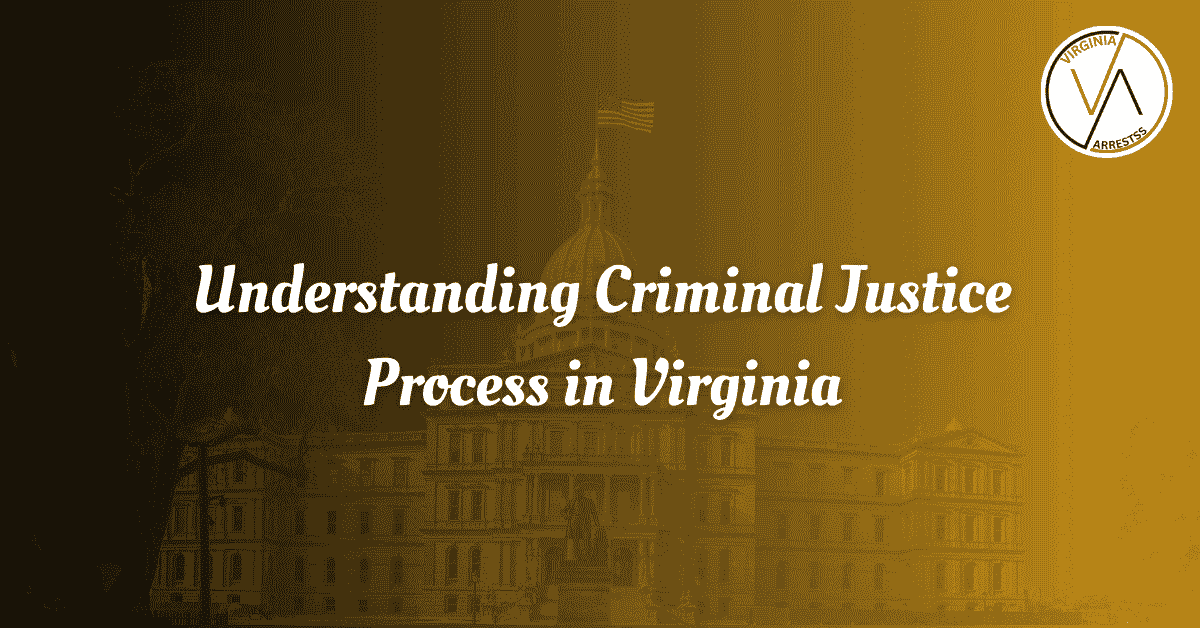


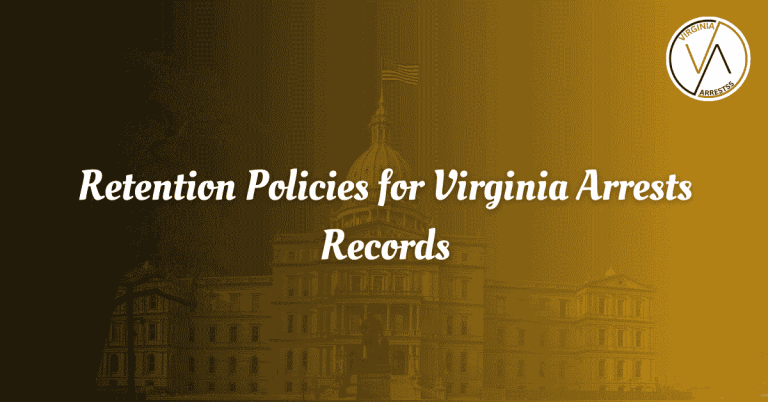
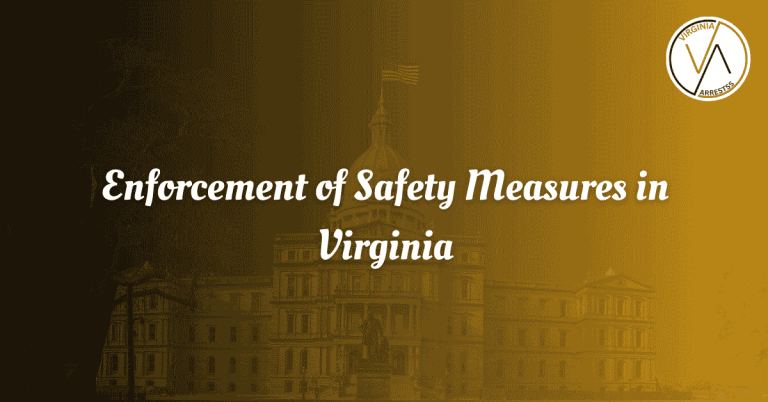
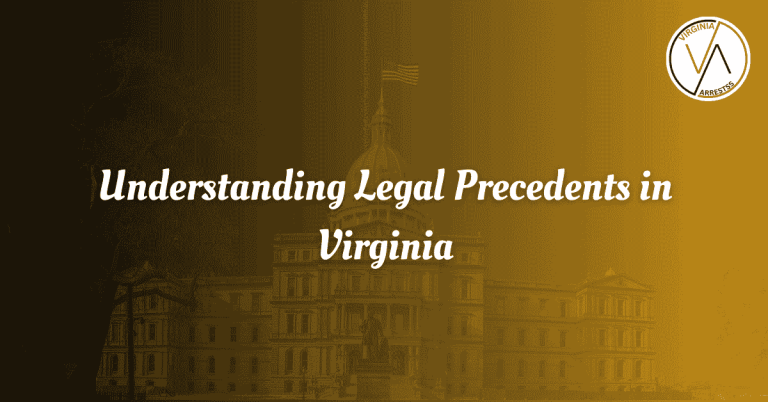
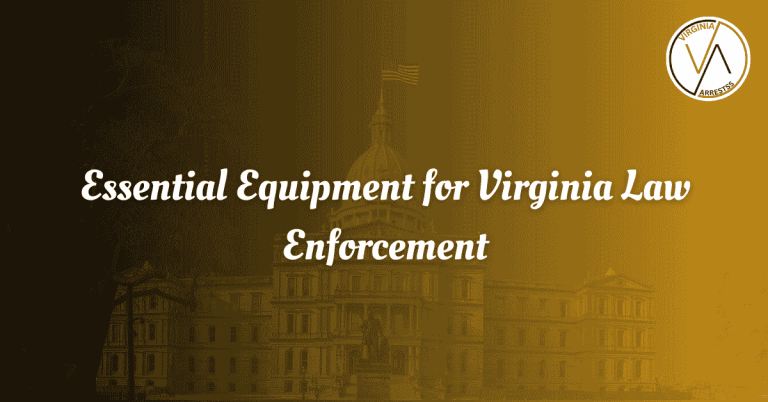
I appreciate the emphasis on fairness and justice in Virginia’s criminal justice process. It’s crucial that these principles are upheld to maintain public trust in the system. However, I believe it’s equally important to examine how these procedures are implemented in practice. For instance, disparities in access to legal representation or the impact of socioeconomic factors can significantly affect outcomes. Ensuring that the system is not only fair in theory but also equitable in practice is essential for true justice. What are your thoughts on how Virginia addresses these challenges?